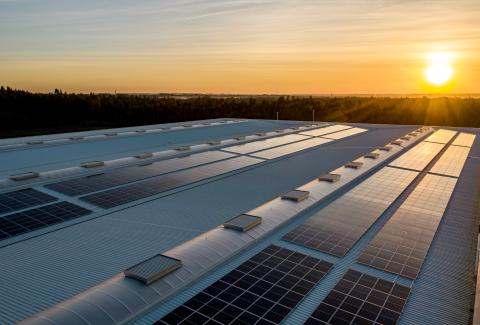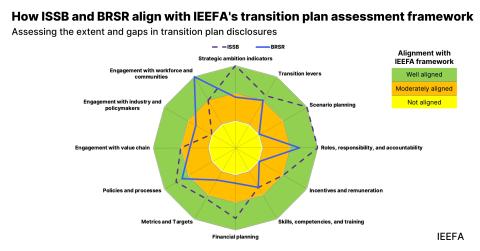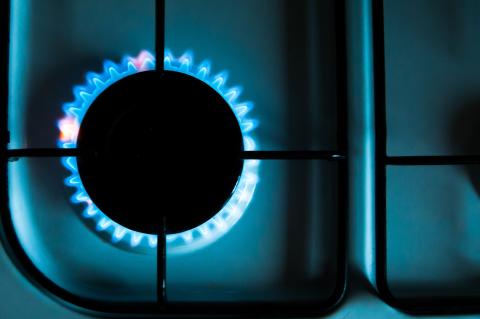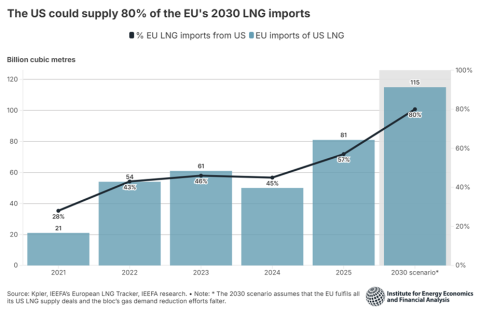By TOM SANZILLO —
An article of particular note this week in SNL chronicles how the price of credit-default protection on the debt of U.S. coal producers has risen dramatically in recent months.
Credit-default swaps on Arch Coal Inc.‘s 10-year debt are up 60 percent just since April. And credit-default swap prices are up 90 percent this year on debt of the same maturity at Peabody Energy Corp. A credit-default swap is a derivative that works as insurance, protecting bond holders should those bonds go bad.
The long and short of it is that investors who purchased coal-company debt or bought interests in various insurance and hedge instruments related to that debt are increasingly aware that they are unlikely to be paid back at maturity time. That’s why the cost of insurance is soaring.
Indeed, Arch will probably run out of money in 2015 or 2016. You can see it coming because debt markets are more forward-looking than the stock market (which is why those credit-default prices have soared). These debt-market activities aren’t happening in isolation, of course. They just represent another shoe dropping in the decline of the coal industry.
The stock market already sees the industry as an increasingly risky bet—coal-company stock prices have collapsed—even if most institutional investors appear to remain oddly unaware of these risks. The handful of institutional investors savvy enough to have divested from coal stocks, by comparison, are most likely making money on the proceeds of those coal-stock sales, having invested them in a broader stock market that has risen.
The SNL article notes also that Alpha Natural Resources Inc. is “faring better” because its credit-default prices are up only 20 percent this year. That’s not exactly promising, however.
Peabody’s debt problems stem from being overleveraged, in large measure from its purchases in Australia. Alphas’s overleverage comes from its purchase of Massey in 2011. Such combinations of overleverage and plummeting stock prices show an industry over the past year going from bad to worse.
Perhaps the side story here is that the new largest coal company in the U.S. is not Peabody, Arch or Alpha anymore. It’s probably Foresight Energy, which is based in St. Louis.
Sometimes companies and industries crash and sometimes they just bleed. Although we have seen a lot of mine closings already, we are likely to see a lot more in the coming year.
Large forces well beyond the U.S. are at work, of course. China this week announced the price for its domestic coal would be $60 a ton through 2015, a price that foreign producers cannot hope to compete with. This will have a particularly detrimental impact, to say the least, on Australian producers (think Peabody), which have their own debt problems. No coal has been shipped to China from the U.S. in recent months.
None of this is good news for U.S. coal producers.
Tom Sanzillo is IEEFA’s director of finance.















